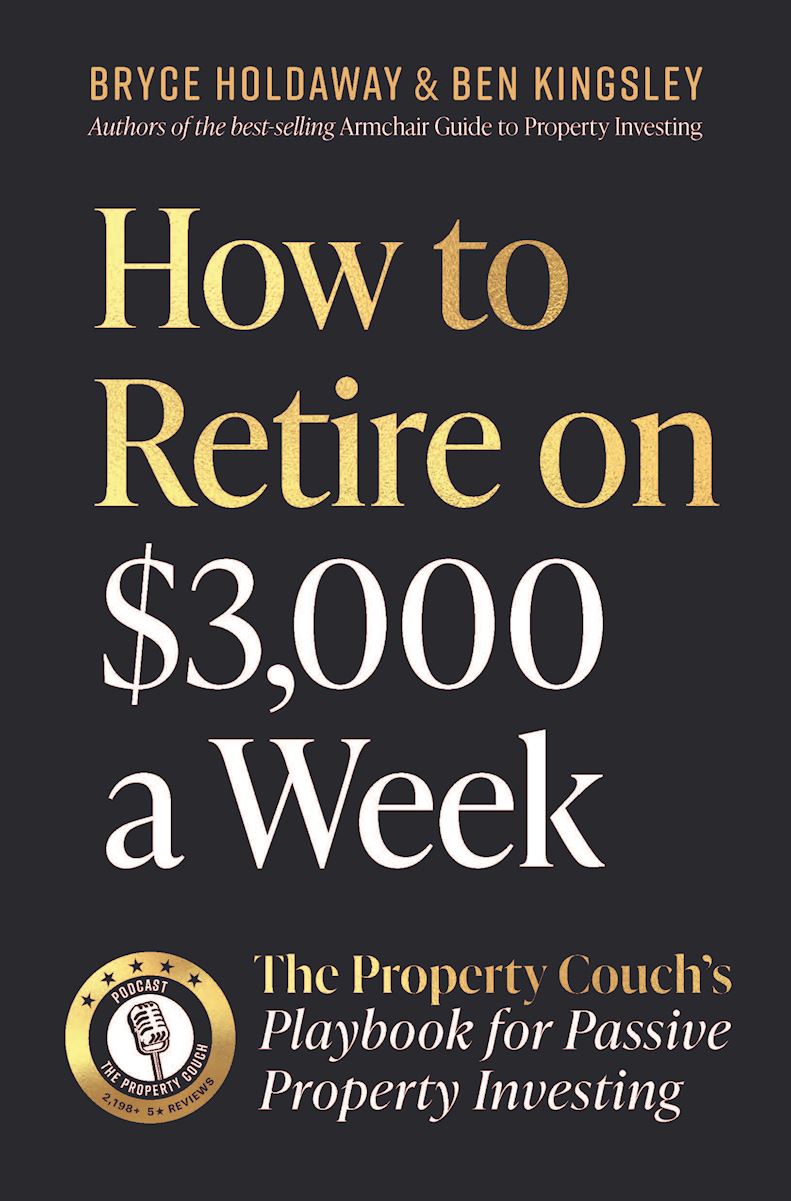4 costly mistakes to avoid when investing in property
The interesting thing about investing in property is that even when you know the rules, there are still ways you can end up paying more than you should. Let's dive into the four most common mistakes investors make - and how to avoid them.
1. Buying the wrong asset
The biggest (and costliest) mistake is choosing the wrong property. Many investors assume that because they've lived in a home, they know how to pick a great investment. But residential real estate isn't like other investment markets - it's dominated by emotional owner-occupiers, not rational investors.
Why it matters:
- Low growth potential: Poorly chosen properties often underperform, achieving limited capital growth compared to well-selected assets. When compounded over time, the gap can be enormous.
- Missed opportunities: Without scarcity or strong owner-occupier appeal, properties struggle to gain value, leaving money on the table.
2. Procrastination
The second way investors pay is through inaction. Waiting for the 'perfect time' to invest, or endlessly researching without making a decision, has a hidden cost that compounds over time and is one of the most expensive mistakes you'll never see coming.
Why it matters:
- Higher entry costs: Property markets don't wait, and rising prices can push entry-level investments out of reach.
- Lost compounding growth: Every year you delay is a year of missed opportunity for your investment to grow.
3. Paying too much
Overpaying for a property is another trap, particularly for those who lack negotiation experience or fall for the shine of brand-new builds.
Why it matters:
- Skilled negotiators: Real estate agents negotiate daily, giving them the upper hand over inexperienced buyers.
- The illusion of new: Brand-new properties are often inflated with emotively attractive features, developer margins, marketing fees, and build costs, leaving little room for growth.
4. Professional advice
Some investors believe they can do it all themselves or that 'free' advice is just as good as paid, expert guidance. The reality? Free advice often comes with hidden agendas.
Why it matters:
- True independence costs: Fee-for-service professionals, like Qualified Property Investment Advisers and buyer's agents, act in your best interests - not the seller's.
- Compounding returns: A well-chosen property that grows even 1% to 2% more per year can create extraordinary long-term wealth.
- The hidden cost of 'free' advice: Sales commissions (up to 10%) are often buried in the price of new builds - so you're paying, whether you realise it or not.

This is an edited extract from How to Retire on $3,000 a week (Major Street Publishing $32.99), republished with permission.
Frequently Asked Questions about this Article…
The biggest mistake is buying the wrong asset. Many investors assume that their experience living in a home qualifies them to pick a great investment property, but residential real estate is dominated by emotional owner-occupiers rather than rational investors.
Procrastination leads to higher entry costs and lost compounding growth. Waiting for the 'perfect time' to invest can result in rising property prices, making entry-level investments unaffordable and missing out on potential growth.
Overpaying for a property can limit your investment's growth potential. Inexperienced buyers may fall for the allure of brand-new builds, which often come with inflated prices due to developer margins and marketing fees.
Free advice often comes with hidden agendas, such as sales commissions buried in the price of new builds. It's important to seek independent, fee-for-service professionals who act in your best interests.
Choosing the wrong property can lead to low growth potential and missed opportunities. Poorly selected properties often underperform, achieving limited capital growth compared to well-chosen assets.
Qualified Property Investment Advisers provide true independence and act in your best interests. They can help you select properties that offer better growth potential, leading to extraordinary long-term wealth.
Property markets don't wait, and delaying your investment decision can result in higher entry costs and missed opportunities for compounding growth. Acting quickly ensures you don't miss out on potential gains.
Investors should be cautious of the illusion of new builds, which often have inflated prices due to emotively attractive features and hidden costs like developer margins and marketing fees. These can limit the property's growth potential.
















